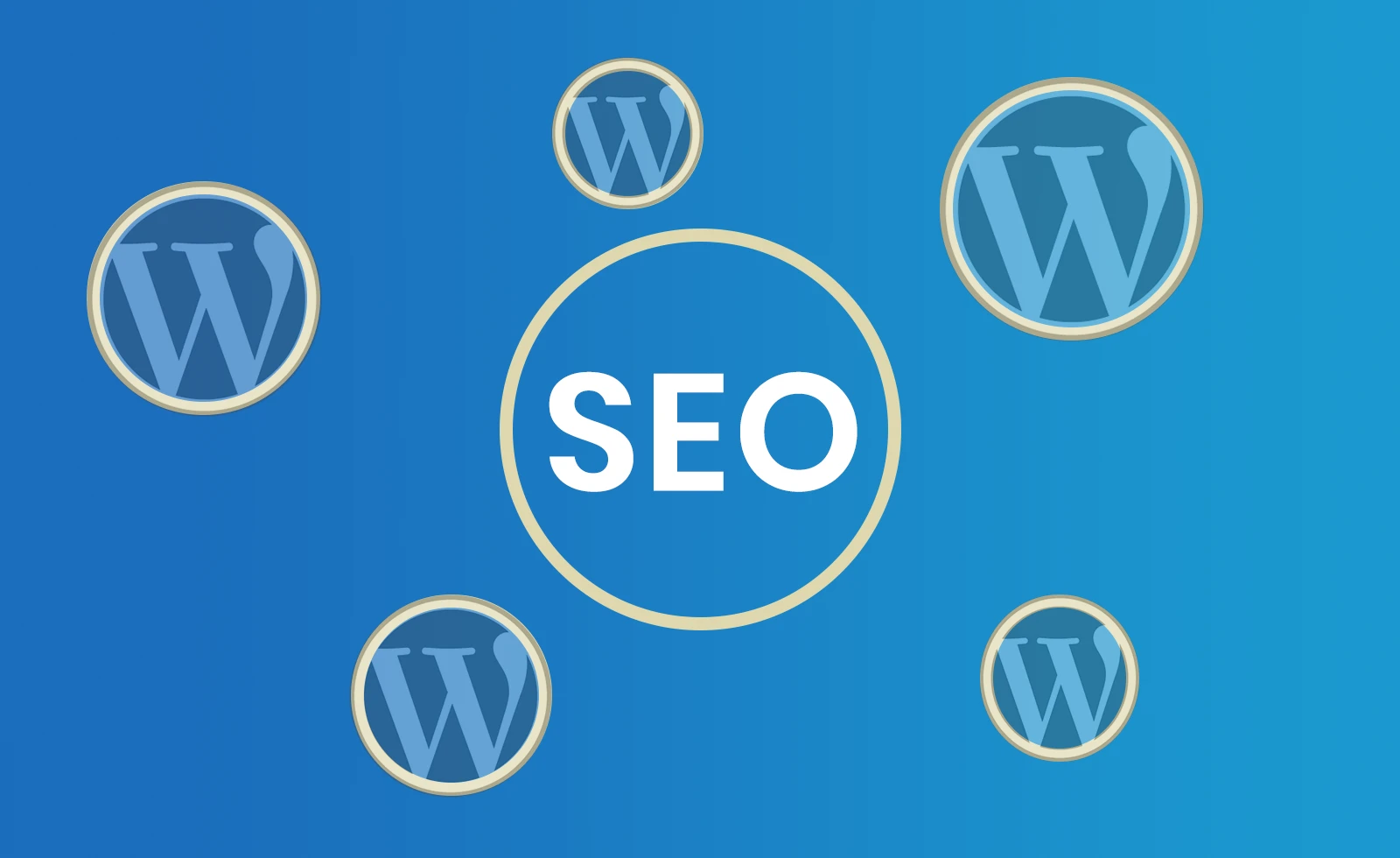Search Engine Optimization (SEO) drives traffic to your WordPress site. By optimizing your content and website structure, you can improve your search engine rankings, leading to more visibility and organic traffic. Here’s a detailed guide on how to effectively implement SEO for WordPress.
Steps for Search Engine Optimization for WordPress
- Choose the Right Hosting Provider
Your hosting provider affects your site speed and uptime, crucial factors for search engine optimization. Opt for a reliable hosting provider that guarantees fast load times and minimal downtime. - Install an SEO Plugin
Install SEO plugins to make optimization easier. Popular options include Yoast SEO, All in One SEO Pack, and Rank Math. These plugins offer features like XML sitemap generation, meta tag management, and readability analysis.
On-Page SEO for WordPress Website
- Optimize Your Permalinks
Permalinks are the URLs of your website’s pages and posts. Use a clear and concise structure that includes relevant keywords. For example, use “/blog-post-title” instead of “/p=123“. - Conduct Keyword Research
Identify the keywords your target audience searches for. Tools like Google Keyword Planner, Ahrefs, and SEMrush help you find high-volume, low-competition keywords to target in your content. - Create High-Quality Content
Create valuable, informative, and engaging content that addresses the needs and interests of your audience. Use your target keywords naturally within your content, including in headings, subheadings, and body text. - Optimize Meta Titles and Descriptions
Meta titles and descriptions appear in search engine results and impact click-through rates. Ensure each page and post has a unique, keyword-rich meta title and description that accurately describes the content. - Use Headings Effectively
Headings (H1, H2, H3, etc.) structure your content and make it easier for search engines to understand. Use headings to break up your content into readable sections and include relevant keywords. - Optimize Images
Images enhance your content but can slow down your site if not optimized. Compress images to reduce file size without sacrificing quality. Use descriptive file names and alt text to help search engines understand the content of your images. - Improve Site Speed
A fast-loading site is essential for good search engine optimization. Use tools like Google PageSpeed Insights to identify and fix issues that may be slowing down your site. Consider using a caching plugin, optimizing images, and minimizing CSS and JavaScript files. - Implement Internal Linking
Internal links help search engines understand the structure of your site and establish a hierarchy. They also keep visitors engaged by guiding them to related content. Link to other relevant posts and pages within your content.
Off-Page SEO for Website
- Build High-Quality Backlinks
Backlinks from reputable sites signal to search engines that your content is trustworthy and authoritative. Focus on earning backlinks through guest blogging, influencer outreach, and creating shareable content. - Utilize XML Sitemaps
An XML sitemap helps search engines crawl and index your site more effectively. SEO plugins like Yoast and Rank Math automatically generate and update your sitemap. - Ensure Mobile-Friendliness
With most searches now conducted on mobile devices, having a mobile-friendly site is crucial. Use responsive design to ensure your site looks and functions well on all devices. - Monitor and Analyze Your Performance
Regularly monitor your SEO performance using tools like Google Analytics and Google Search Console. Track key metrics like organic traffic, bounce rate, and keyword rankings to identify areas for improvement.
Conclusion
SEO for WordPress involves a combination of technical optimizations, high-quality content creation, and ongoing analysis. By following these best practices, you can improve your site’s search engine rankings, drive more organic traffic, and achieve your online goals. Stay updated with the latest trends and continuously optimize your site for the best results.

2 thoughts on “SEO for WordPress: A Comprehensive Guide”